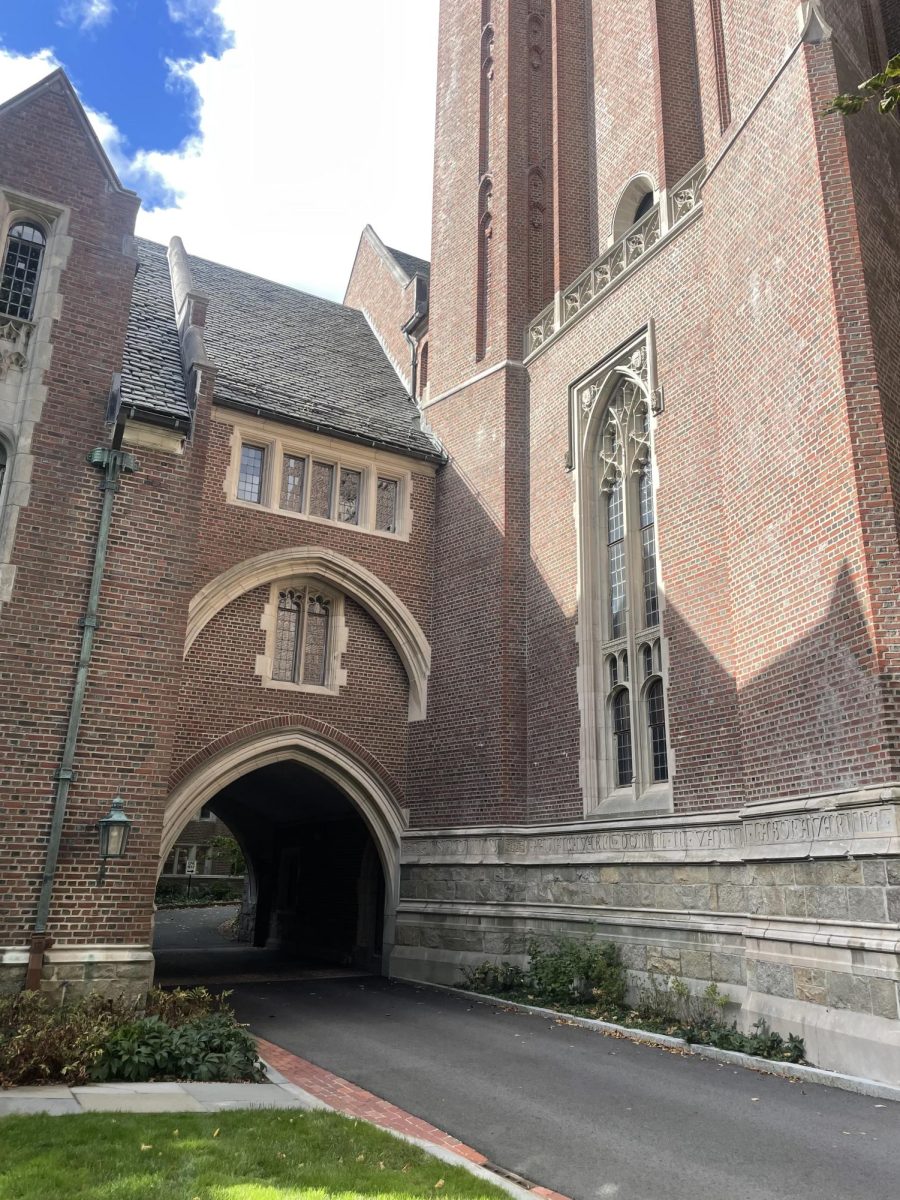As an incoming first-year, I emailed Wellesley Career Education (CareerEd) before even setting foot on campus. When you’re bombarded with new information just weeks before moving across the country to your dream school, it’s hard not to jump at every opportunity, even if it’s just learning about pre-law resources from your career advisor. Looking back, the excitement that propelled me to send that initial email was accompanied by an underlying anxiety that I wasn’t doing enough. I felt like an imposter even before I even moved in. My friends often identify with this experience as well, despite our varying hometowns, cultural identities and high school experiences. My feelings of inadequacy were not unique, but how do interactions with career education play such a big role in producing them?
Today’s job market is more competitive than ever, with a 31% surge in applicants but a mere 7% increase in openings, according to a Workday report. In light of this trend, Wellesley’s abundance of opportunities for professional growth, including funded internships, the Upskill program and fellowship opportunities, is necessary and invaluable. Logically, the increasingly competitive job market has led students to have a heightened awareness of their resumes: participating in extracurriculars, running for leadership positions, securing internships, shadowing professionals — the list could go on and on. Consequently, navigating our usage of CareerEd’s programs in light of this pressure has become more difficult as well. With more offerings than time to pursue them, it is easy to feel like you aren’t doing enough.
Consequently, overcommitment is a frequent occurrence among Wellesley’s highly ambitious student body. In order to prevent burnout from this drive, it is crucial to reflect on the motivations behind your actions, choosing to act on individual needs, rather than external expectations. No two students have the same aspirations, and therefore no two students will use CareerEd in the same way; humanities majors may benefit more from Upskill than STEM majors that find research internships more valuable. Instead of striving for quantity in professional experience, align your efforts with your interests and intentions. I recognize, though, that this is much easier said than done, especially at a college with a notably decorated student body. Nevertheless, acknowledging the individuality of our paths is a decision within our control and can gradually reduce the pressure to “keep up” with peers if actively practiced.
As a first-year, it’s a blessing in disguise that CareerEd has also implemented effective guardrails to mitigate how much I can participate in its programming. New, first-year students at Wellesley are usually unable to apply for funded internships or utilize career-specific advising. This way, first-years can focus on their academics and the transition to college rather than gaining career experience. To further discourage overexertion, CareerEd could create a guide that details its resources but advises students to take on only what they can handle — committing to every encountered opportunity is not a sustainable path to success. This message holds more influence coming from the college than from peers and could downplay the intensity of the campus’ pre-professional culture.
Nevertheless, the shared experience of imposter-like feelings among first-years underscores the importance of building a healthy relationship with the resources provided by Wellesley CareerEd— for students of all grade levels. While imposter-like feelings may arise due to the increasingly competitive nature of the job market and the continual abundance of professional development programming, maintaining an internal locus of control can help to alleviate them. In a world, and campus, where comparison is all too easy, let’s strive to create a narrative of success that honors our individual journeys and acknowledges the value of self-care amidst professional aspirations.




